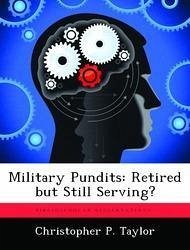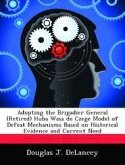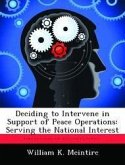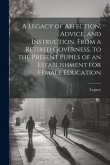In September of 2001, 90% of America received most of their news on the terrorist attacks against the United States from television; a number that would hold steady at 89% throughout Operation Iraqi Freedom (OIF). In April of 2003 while the United States led the coalition of the willing in OIF, many retired officers stated on television that the Department of Defense had not planned and resourced the war properly, resulting in an operation that would proceed longer than expected. Unsecured supply lines and a shortage of troops involved in the campaign were the largest criticisms, earning these pundits a sharp response from the Secretary of Defense, members of Congress and other general officers, both retired and serving. As America fights her first war of the twenty-first century, one that has exceeded the length of World War II, Americans will continue to turn to the television for news, and along with the news, they will continue to hear commentaries and opinions from retired military leaders. With public opinion so important in America's Global War on Terrorism, are these pundits shaping opinion to the extent that they are affecting policy within the executive branch of the government? Is this effect positive or negative and should these pundits be banned, encouraged or coached? With such disparate opinions, there is bound to be debate, and in the absence of a constitutional amendment, the experts are here to stay. This monograph will explore both sides of the issue and attempt to answer the question: Through appearances on television, do military pundits influence public opinion and how does that affect military policy during times of conflict within the executive branch of the government? To prove that pundits do not influence policy within the executive branch of the government, but rather echo and support public opinion and add to the friction of war, the monograph will use Clausewitz' "paradoxical trinity" as a framework and use three case studies, Desert S
Hinweis: Dieser Artikel kann nur an eine deutsche Lieferadresse ausgeliefert werden.
Hinweis: Dieser Artikel kann nur an eine deutsche Lieferadresse ausgeliefert werden.








